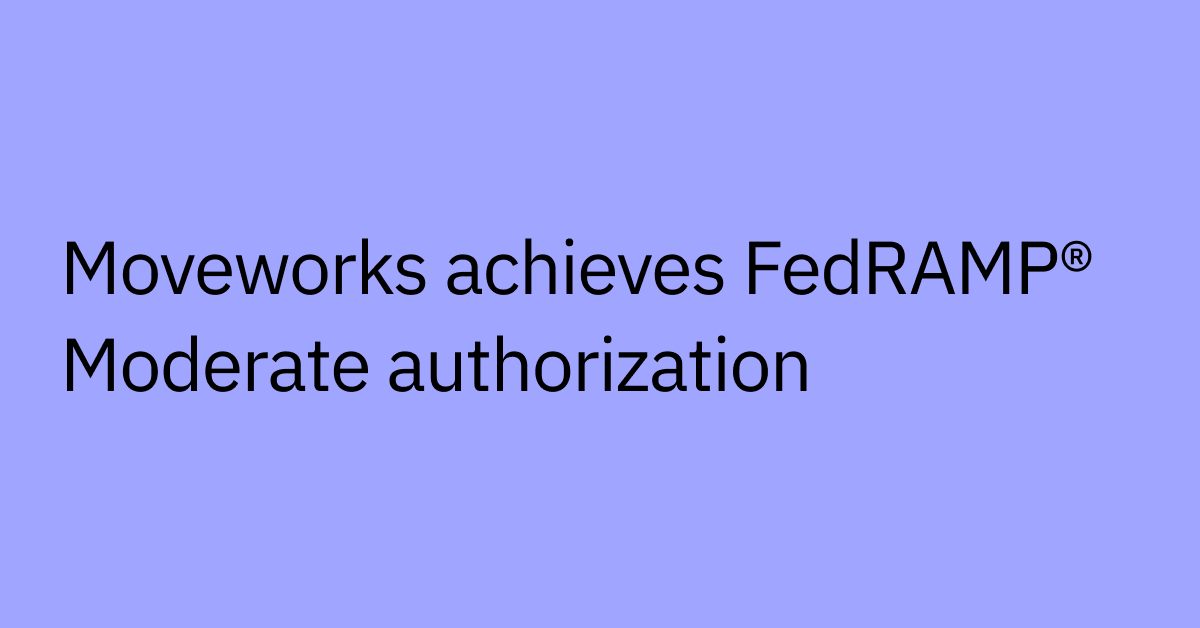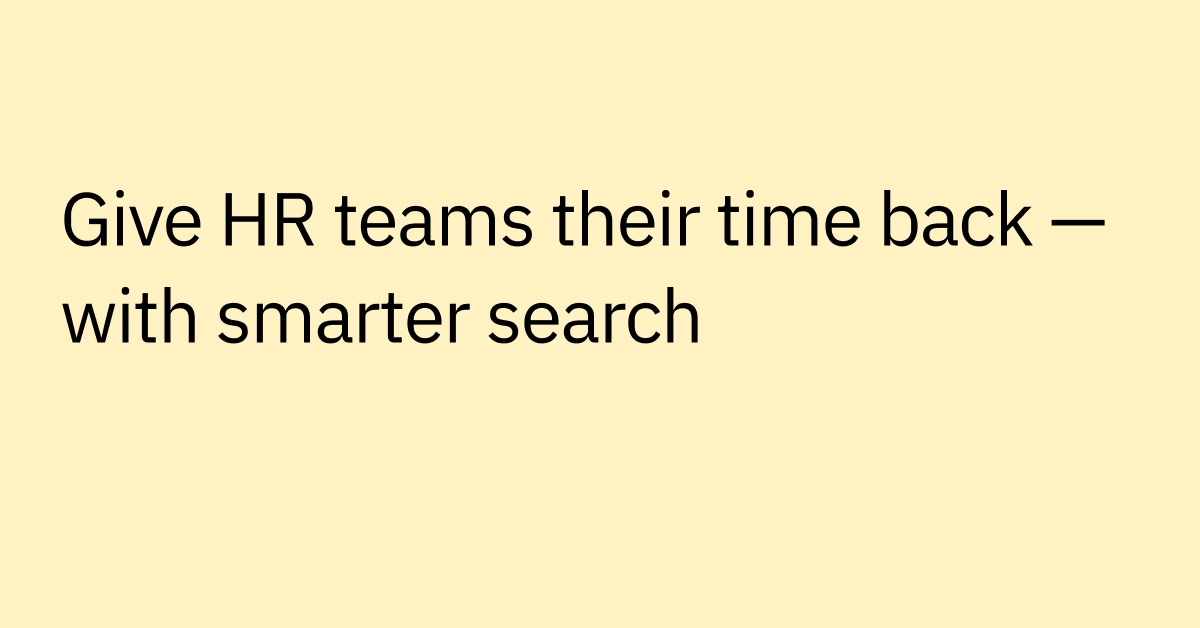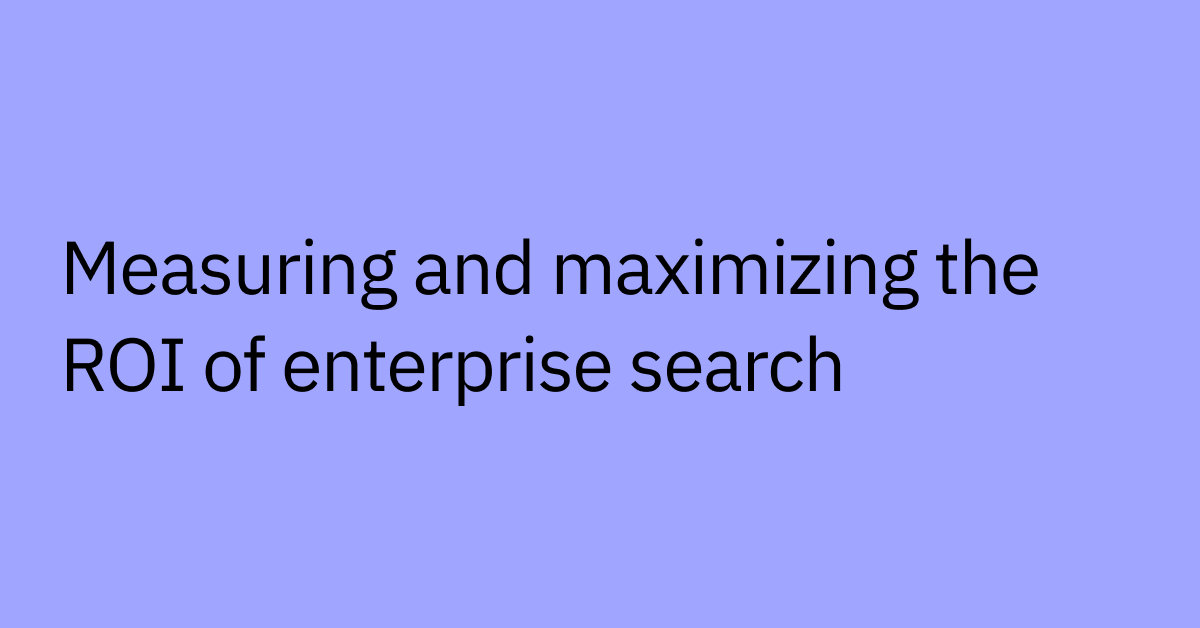Table of contents
It's no secret that the world of business is abuzz with the potential of AI.
Just this past month, headlines have been dominated by CEOs who recognize the power of AI to dramatically change their businesses and boost efficiency. But is it all hype, or are we really standing on the precipice of a transformative era?
We recently sat down with Jason Ballard, Toyota’s Head of IT for North America, to chat through how Toyota is leveraging LLM-powered conversational AI to transform their employee productivity, workplace satisfaction, and enterprise efficiency. During the webinar we talked through the importance of why businesses are embarking on this journey now and the material impact they are seeing to the bottom line.
Let's take a step back and explain AI transformation. What does it truly entail, what do companies need to successfully implement it, and what role do copilots play in this new ecosystem?
What is AI transformation?
AI transformation is a strategic paradigm characterized by the integration and deployment of artificial intelligence solutions within a business infrastructure with the objective of enhancing operational efficiency.
At the core of this idea lies the replacement of manual, repetitive tasks with advanced AI systems designed to optimize performance and streamline processes.
The enterprise AI transformation challenge: Employee service is stubbornly people-intensive
The current landscape of employee service is heavily people-intensive, often leaving workers waiting to receive assistance due to lengthy manual processes and uncertainty about where to turn for help.
The good news is that AI is positioned to transform this reality, with huge strides in conversational AI, like GPT-4 and other large language models, natural language emerging as the new user interface, enabling employees to swiftly and efficiently complete tasks without enduring long waits for support.
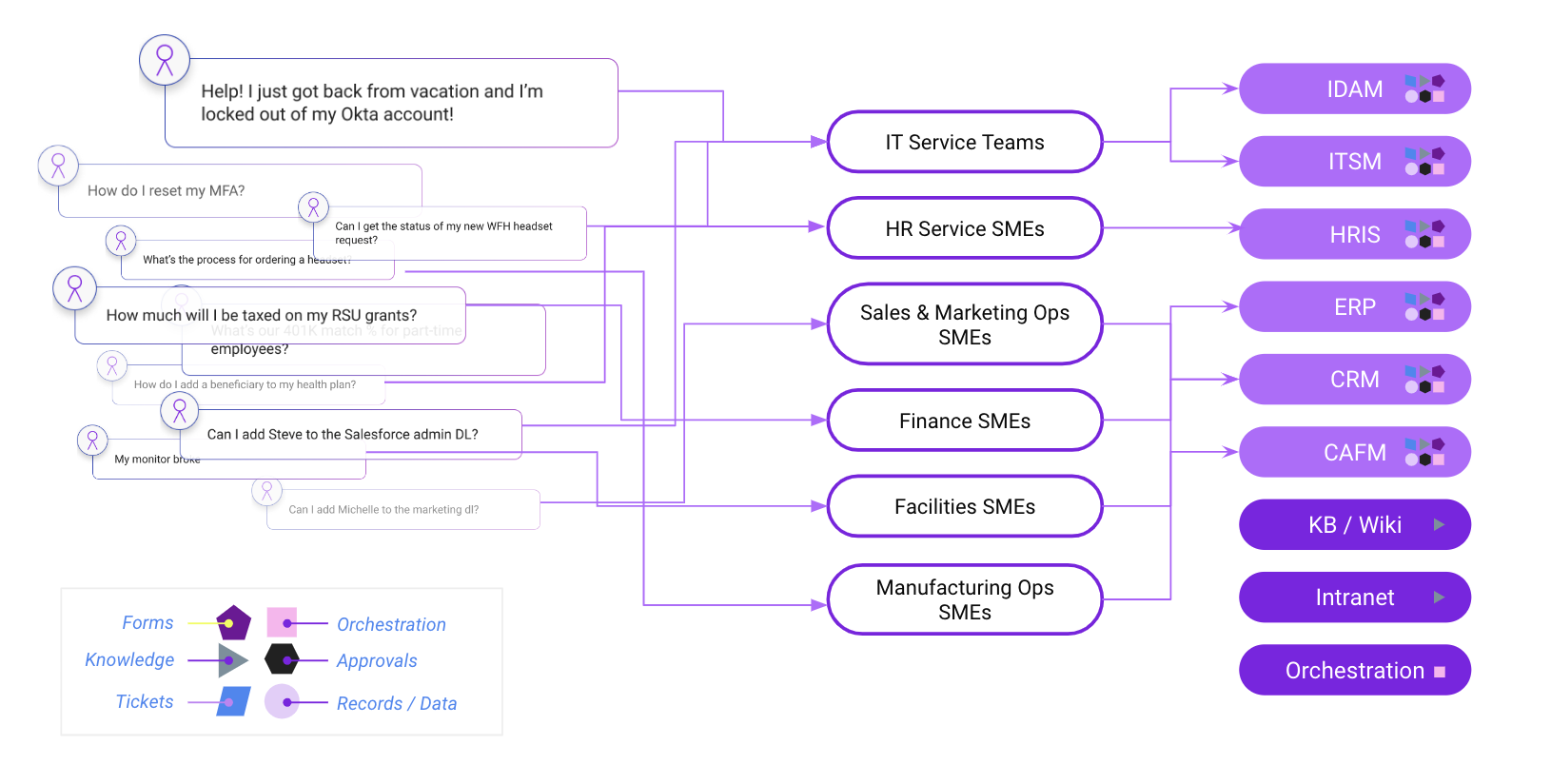 Figure 1: Right now it takes your employees so long to get help because it’s such a manual process and they don’t know where to go for help.
Figure 1: Right now it takes your employees so long to get help because it’s such a manual process and they don’t know where to go for help.
In fact, AI is already making waves in the enterprise world, enhancing efficiency and yielding tangible results. 80% of the U.S. workforce could have 10% of their tasks affected by LLMs. AI tools, like chatbots, helped boost worker productivity by 14%, helping agents with 2 months of experience perform like those with more than six months of experience.
So it shouldn’t come as a surprise that already 40% of enterprises are already embracing AI or carefully evaluating its potential use cases. This remarkable shift embodies the growing momentum toward fully realizing the incredible advantages AI has to offer in optimizing employee service and expediting operational processes.
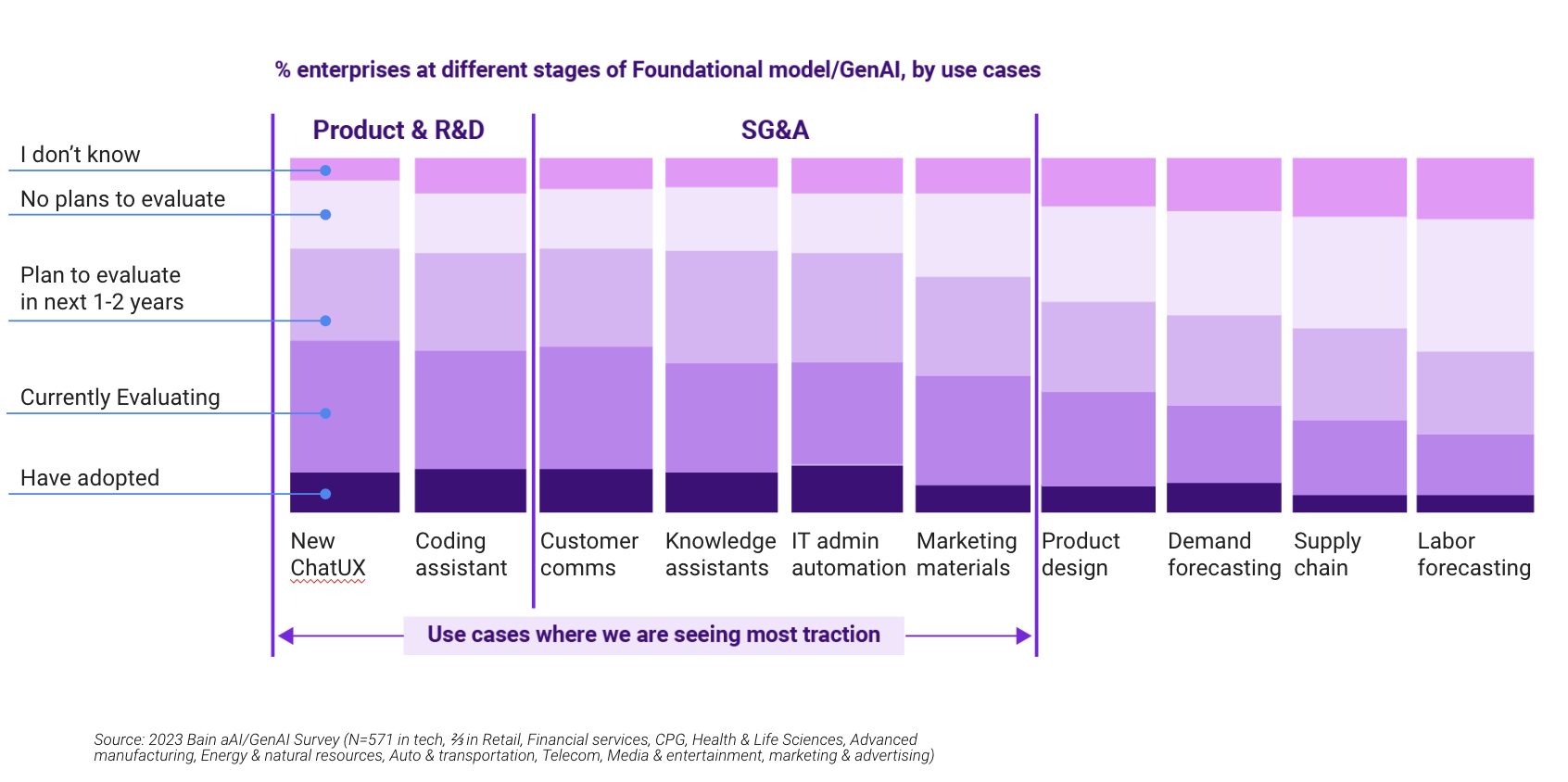 Figure 2: Enterprises will continue to experiment with AI. According to Bain, 40% of enterprises are already embracing AI or carefully evaluating its potential use cases.
Figure 2: Enterprises will continue to experiment with AI. According to Bain, 40% of enterprises are already embracing AI or carefully evaluating its potential use cases.
What's needed for AI transformation?
Managing AI transformation for any organization is no small feat. It requires a thoughtful combination of elements designed to work in unison. By focusing on multiple aspects of your organization's structure, you can build a robust AI transformation platform composed of:
- Analytics: Monitor performance, evaluate copilot effectiveness, identify opportunities for improvement in both AI systems and human workflows, and pinpoint new areas for AI automation.
- Workflow action and authoring: Implement AI-based routing, trigger existing workflows across enterprise systems, optimize business processes, streamline tasks, and create new automated workflows for various purposes.
- Security: Protect infrastructure through data masking, PII scrubbing, hardened security measures, multiple certifications, data residency across continents, and maintain FedRAMP compliance.
- Content finding and creation: Efficiently search and summarize knowledge, FAQs, documents, and files from multiple sources, and author new content based on existing enterprise data.
- Success plans: Deploy AI-driven joint success plans with prescriptive guidance, and engage in quarterly impact reviews and professional services for optimal AI transformation outcomes.
- Copilot: Utilize advanced features such as reasoning-based architecture powered by GPT models, fine-tuned LLMs grounded in enterprise data, and domain-specific capabilities (e.g., IT, HR) to enhance AI performance.
- Adoption: Promote effective communication, adapt to change, provide multilingual support, and integrate AI across various channels like chat platforms, web, and phone support in more than one hundred languages.
- Integrations: Establish deep, enterprise-wide connections, including permissions and live ingestion, with every enterprise system, and author new multi-system integrations to make all business workflows more conversational.
It's crucial to understand that copilots, while an essential part of the AI landscape, are just one piece of a much larger puzzle.
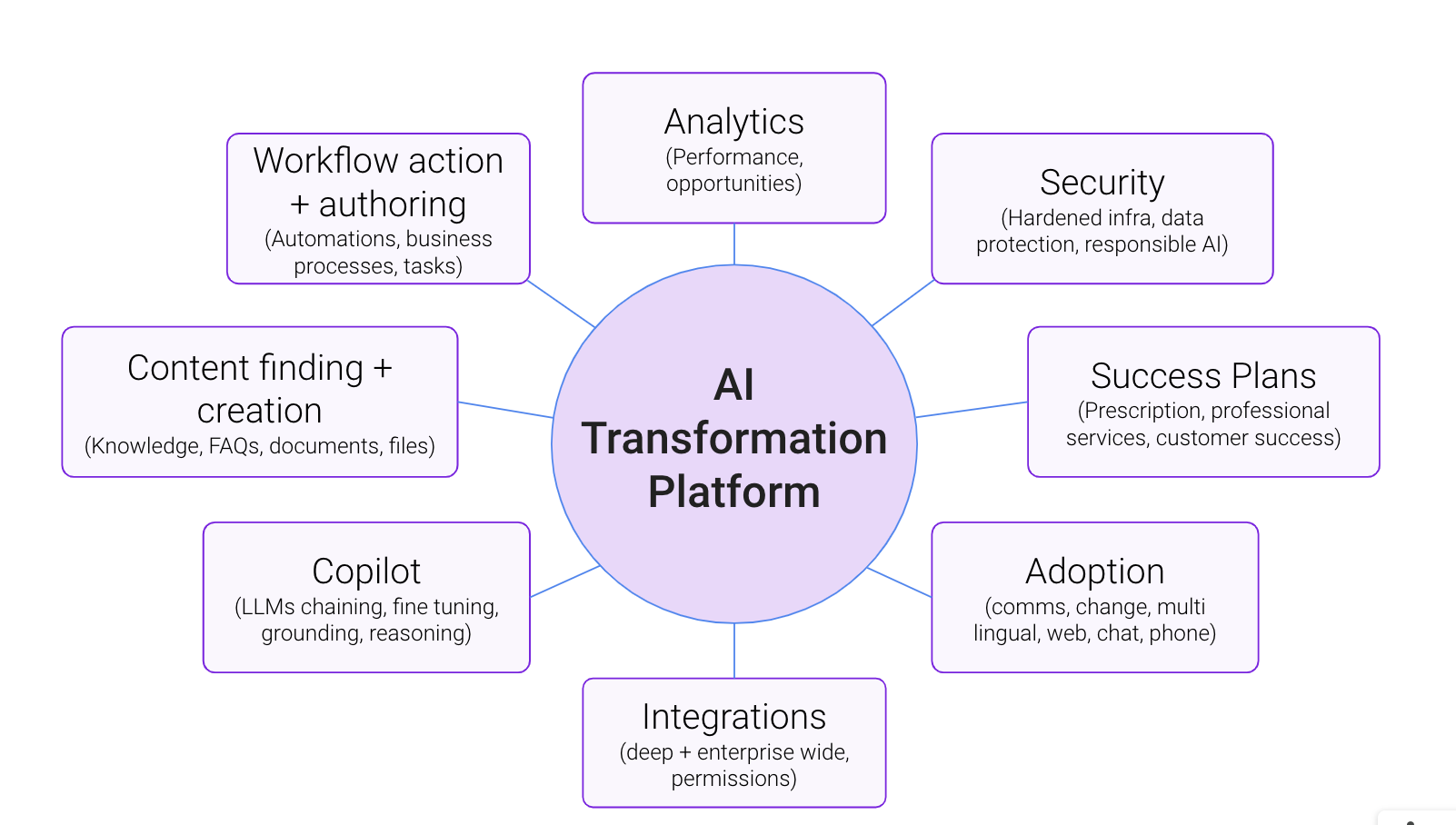 Figure 3: AI transformation extends beyond AI copilots.
Figure 3: AI transformation extends beyond AI copilots.
It’s also important to note that merely relying on point solutions, such as chatbot toolkits, standalone LLMs, and single-ecosystem copilots, can lead to disappointment, as they often target small, isolated problems rather than the broader challenges that need to be addressed.
In contrast, a well-rounded AI transformation approach involves strategic integration of copilots with the tools, systems, and products employees use daily.
Copilots enhance existing products
It's worth highlighting the value of copilots in the context of AI transformation. Copilots serve as valuable assets designed to improve the products and tools that your employees depend on every day. By harnessing their capabilities, you can further optimize daily processes while ensuring seamless integration with your existing systems.
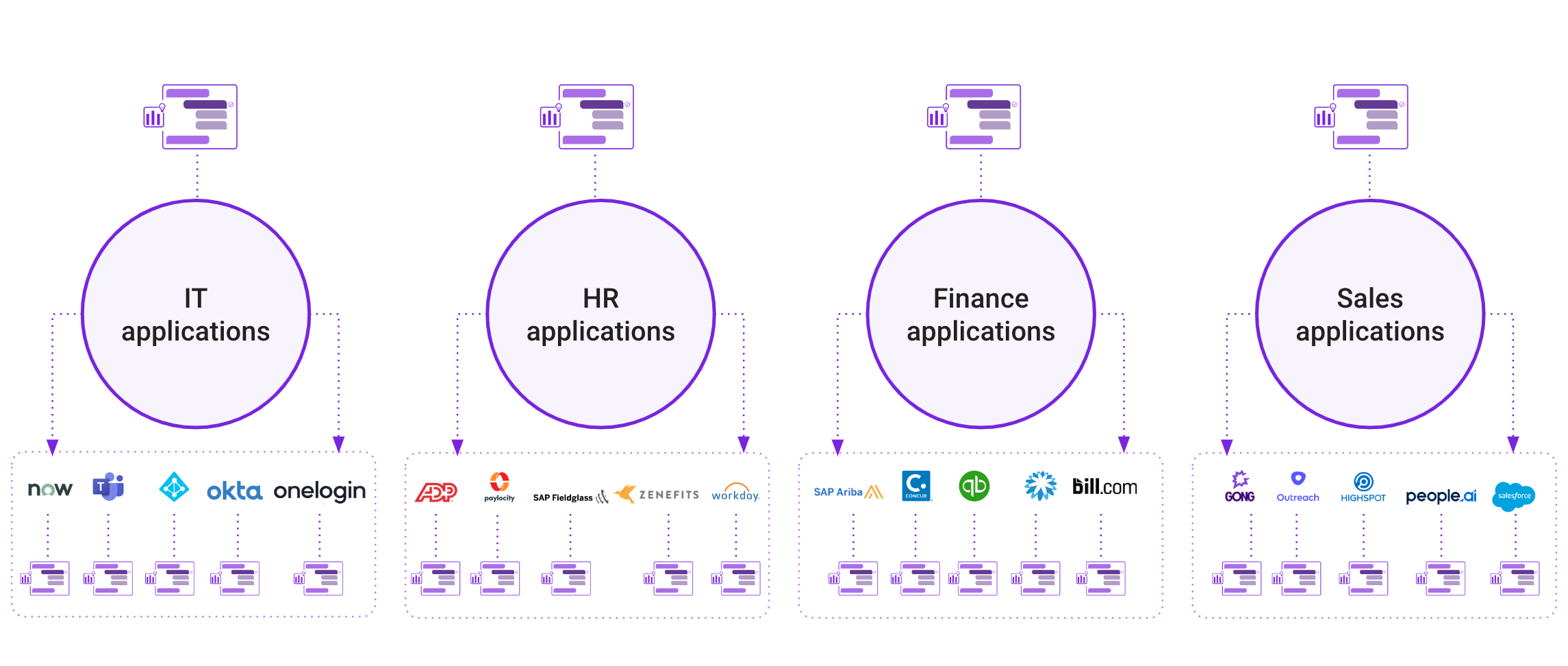 Figure 4: AI copilots are going to enhance the products you and your employees already use on a daily basis.
Figure 4: AI copilots are going to enhance the products you and your employees already use on a daily basis.
Moreover, the copilot landscape is continually evolving, with new options emerging all the time. It's not unrealistic to envision a future where every system has a copilot tailor-made to enhance its functionality. With constant innovation, copilots are proving to be indispensable components in leading your organization toward a successful AI transformation journey.
The past few months alone have seen an impressive array of copilots being announced, including offerings from industry giants like Informatica, Tableau, Box, Slack, Atlassian, Microsoft, GitHub, and more.
With such significant developments occurring in quick succession, it's safe to assume that soon, every app will boast a copilot designed to enhance its capabilities and deliver transformative results. The future of AI is undeniably bright, signaling a monumental shift in how organizations evolve and interact with technology.
See how Toyota embraced AI transformation with Moveworks
As we stand on the precipice of a transformative era, we can’t ignore the real-life impact this technology is making today. Toyota isn’t. Currently, generative AI is being explored across a variety of domains, from research to call centers and connected vehicles, with the goal of improving employee productivity and enhancing their experience.
Here at Moveworks, we offer a custom model, MoveLM™, that’s capable of integrating all your existing systems. harnessing AI transformation for your organization. Developed through years of collaboration, enriched with enterprise-specific data, and stacking best-in-class LLMs, MoveLM™ surpasses its competitors in achieving end-to-end task completion.
For a deeper look, we invite you to watch our webinar with Microsoft, showcasing Toyota's success in boosting productivity and workplace satisfaction through conversational AI and demonstrating how businesses can embrace these innovations and leverage them to drive growth across the organization.
As organizations navigate the rapidly evolving technological landscape, it is essential to understand the role of AI copilots, such as the Moveworks platform, in unlocking the full potential of AI transformation. As we move forward, success stories such as Toyota's will continue to guide us as we explore the future of AI in shaping the way organizations operate.
Find out how easy it is to supercharge your most used enterprise systems with an AI agent roadmap! Just check a few boxes and we'll send you your own customized AI agent roadmap.

